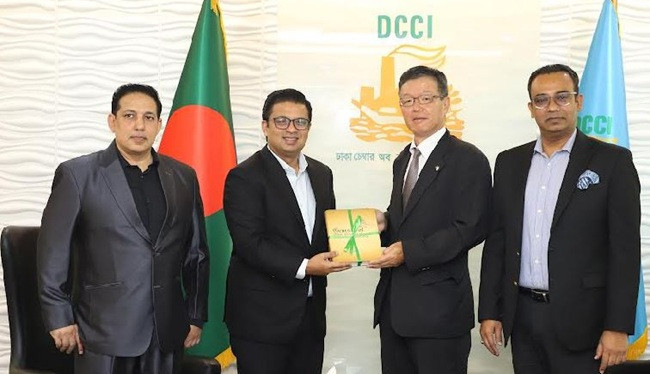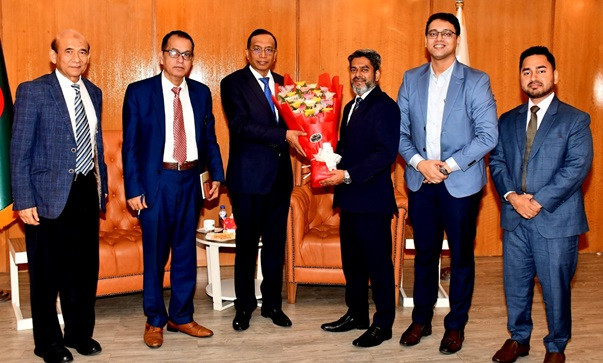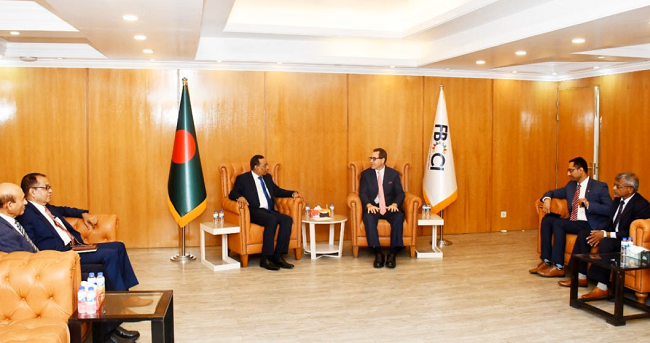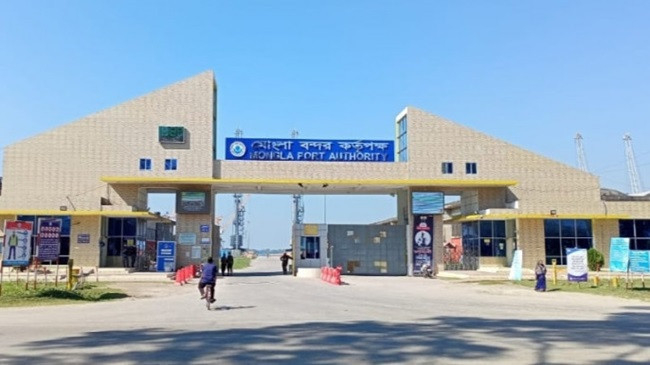BEF cautions against allowing trade unions with just 20 workers
Published At: August 31, 2025Employers have expressed strong reservations over a proposed amendment to Bangladesh’s labour law that would allow trade unions to be formed with only 20 workers. They cautioned that such a move could create instability in the labour market, disrupt industrial harmony, and discourage foreign investment.
Speaking at a networking meeting with journalists in Dhaka on Saturday, Fazlee Shamim Ehsan, President of the Bangladesh Employers’ Federation (BEF) and Chairman of Fatullah Group, warned that lowering the threshold to 20 workers could trigger the proliferation of multiple, paper-based unions in small and medium-sized factories.
“This provision may lead to repeated disputes and management pressures, which in turn could reduce productivity and weaken our competitiveness in global markets,” Ehsan said.
Currently, forming a trade union in Bangladesh requires support from at least 20 percent of the workers in an establishment. The BEF President emphasized that while employers are not against lowering the threshold, any reform must consider factory size. “We have proposed a proportional system, where the number of workers required to form a union would be based on the size of the factory. Simply allowing 20 workers to form a union, regardless of context, is not acceptable,” he noted.
“The BEF is not against lowering the threshold, but we want the number to reflect the size of the factory. We have submitted a proposal to the government for a proportional system,” Fazlee Shamim Ehsan added.
The concern comes after the 89th Tripartite Consultative Council (TCC) meeting on August 26, where a decision was made to allow as few as 20 workers to form a trade union, with up to five unions permitted in one factory.
Business leaders at the event—including representatives of the BEF, BGMEA, and BKMEA—warned that oversimplifying union registration could deter foreign direct investment (FDI). “Investors look for stability and predictability. If they see repeated disputes, they may shift orders elsewhere,” Ehsan added.
Echoing his concerns, BKMEA President Mohammad Hatem said such provisions could discourage international buyers. “In Vietnam, there is only one union under direct government oversight, yet workers’ rights are protected. Why should Bangladesh risk instability?” he asked.
Mohammad Hatem cautioned that allowing trade unions to be formed with just 20 workers would discourage foreign investors. He noted that in Vietnam, there is only one union under direct government oversight, yet workers’ rights are adequately protected. “Why should Bangladesh be pushed toward a Cambodia-like situation?” he asked.
Hatem further said that BKMEA formally registered a note of dissent at the 89th TCC meeting regarding the proposal on trade union formation. “Even responsible trade union leaders are not supporting this measure. So, whose interest is it really serving? Is this being introduced solely on the prescription of the EU or ILO? Shouldn’t the government have its own clear position on this?” he questioned.
BEF officials clarified that they are not against workers’ rights or trade unions, but stressed the need for balanced reforms. Md. Farooq Ahmed, Secretary General of BEF, stated, “We want a fair labour market where workers’ rights are ensured, but it must be aligned with business stability and competitiveness.”
The BEF urged the government to take a measured approach, focusing on strengthening regulatory capacity, training, and enforcement instead of measures that could unintentionally create chaos in the labour market.
Businesses leaders from various sectors and BEF members were also present at the event.
BKMEA BEF




